To ‘Keep Sharp’ This Year, Keep Learning, Advises Neurosurgeon Sanjay Gupta
Enlarge this image
Sean Gladwell/Getty Images
Shots — Health News
Feeling Artsy? Here’s How Making Art Helps Your Brain
Shots — Health News
Daily Movement — Even Household Chores — May Boost Brain Health In Elderly
The new skill can be simple, Gupta notes. If you’re right handed, try eating with your left hand — or vice versa, if you are a lefty. If you wear a necktie, close your eyes and practice tying it in the dark. No matter how old you are, it’s never too late to develop new brain pathways, Gupta says.
Your ability to process, understand and apply knowledge «can actually get sharper, can get better as you get older,» he says. «It is sort of the use it or lose it phenomenon when it comes to the brain.»
Gupta’s new book about the brain, Keep Sharp, explains some of the latest research, debunks myths and offers practical advice on improving cognitive function.
Interview Highlights
On how the thinking about brain cell regeneration has changed recently
Enlarge this image
Keep Sharp, by Sanjay Gupta
Simon & Schuster
hide caption
toggle caption
Simon & Schuster
Shots — Health News
Don’t Look Now! How Your Devices Hurt Your Productivity
On why multitasking doesn’t really work
The idea that you move from one task to another sounds great and very efficient. The issue was that they found you actually divert a fair amount of attention each time you do that. You may not notice it yourself, but when you start to objectively measure this with different types of brain scans, scans that are measuring the function of the brain or particular parts of the brain, at any given millisecond, you find that you actually expend quite a bit of energy just to switch from one task to another. So you think you’re doing both simultaneously, but you’re probably doing neither as well as you could be, and you’re probably going to take more time than if you just did them linearly in some way.
Shots — Health News
Why Some Memories Seem Like Movies: ‘Time Cells’ Discovered In Human Brains
On how the unrelenting stress of the pandemic impacts the brain
It’s been really challenging. I think that there is a thing about stress and the brain that has long been documented. And the headline is that stress is not necessarily the enemy. In fact, we need a certain amount of stress. It’s what gets us out of bed in the morning, makes us perform well on tests, hopefully, all that sort of stuff. But it is that second adjective you used — unrelenting — that is really problematic here. We need these breaks from stress. You need that constant sort of ebb and flow, and that’s what’s missing. Again, you don’t want it to all be good all the time, but you need to have that sort of up and down to some extent. … The idea of eliminating stress … it is not attainable nor is it necessarily a good idea for the brain.
Science cannot rescue us from ourselves if we don’t have the leadership.
Dr. Sanjay Gupta
On his frustration with President Trump’s handling of the pandemic
It was just infuriating. I don’t think you needed to be a doctor or journalist to see that. The idea that you were not addressing the most significant public health crisis of our lifetime in any kind of meaningful way and that so many thousands and now hundreds of thousands of people were dying, was really, really discouraging. … It’s infuriating that the best that we could do was be the worst in the world. So many of these deaths are preventable. … I mean, it’s remarkable the science that we see with the vaccine development and the antivirals, the monoclonal antibodies. But science cannot rescue us from ourselves if we don’t have the leadership.
Sam Briger and Kayla Lattimore produced and edited the audio of this interview. Bridget Bentz, Molly Seavy-Nesper and Deborah Franklin adapted it for the Web.
- pandemic and mental health
- coronavirus pandemic
- better sleep
- Brain research
Обсудим?
Смотрите также:

